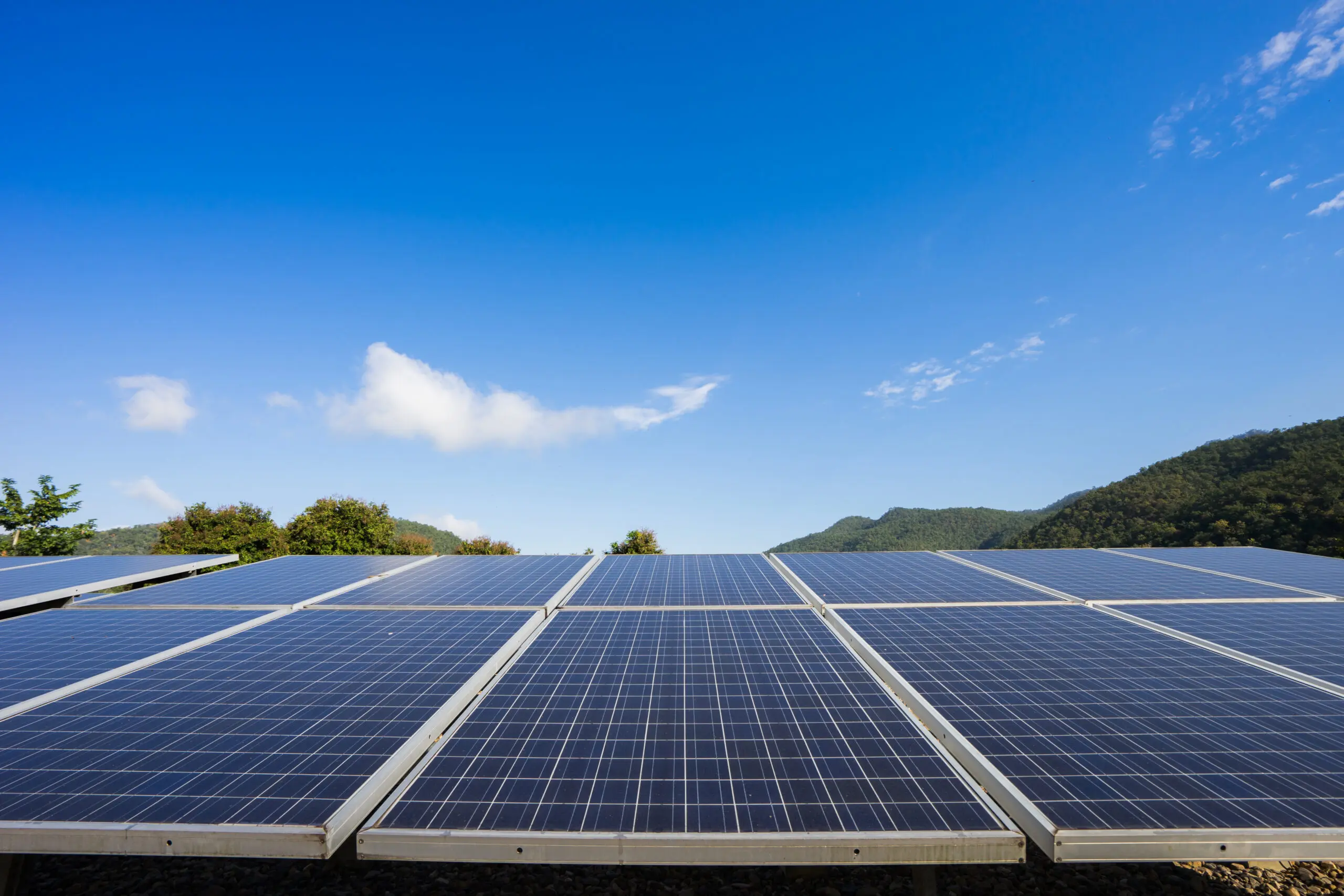How are renewable energies transforming the Brazilian economy?

The proliferation of renewable energy projects in Brazil extends far beyond mere power generation. Wind and solar initiatives are poised to catalyze a paradigm shift across diverse sectors of the Brazilian economy. These initiatives facilitate industrial decarbonization, bolster the nation’s position in the global green products market, stimulate job creation, and foster income redistribution. The ramifications of renewable investments are even more profound and far-reaching than initially anticipated.
The integration of clean energy into Brazil’s power matrix would not incur additional costs compared to current fossil fuel expansion plans. Although renewable energy investments need higher initial capital expenditures for generation, transmission, and storage infrastructure, a World Bank report indicates that these costs would be fully amortized through savings in fuel expenses and operational efficiencies. Moreover, the transition towards increased electrification and green hydrogen utilization in transportation and industry, powered by wind and solar energy instead of natural gas, is projected to be cost-neutral for the economy at large.
Wind and solar generation projects are experiencing robust growth in Brazil, currently constituting over 21% of the country’s energy generation capacity. The abundance of natural resources and suitable terrain for large-scale installations has attracted significant private sector investments across various regions.
The expansion of renewable energy projects extends beyond electricity generation, fostering positive externalities in infrastructure development, local economic growth, job creation, and income distribution.
“The proliferation of renewables, both solar and wind, is transforming various segments of the Brazilian economy, from primary sectors such as mining and agriculture to heavy industry and services,” said Fabio Bortoluzo, Country Manager of Atlas Renewable Energy in Brazil.
“Renewable energies are drivers of new investments in all sectors that depend on energy, whether they are energy-intensive, like mining, or lower energy consumers. They used to depend heavily on subsidies to compete with fossil fuels, but today they are already capable of achieving more competitive prices,” Bortoluzo says.
This competitive edge in energy pricing translates to reduced consumer costs and yields additional associated benefits.
By engaging in direct energy procurement from generators like Atlas, clients—ranging from large-scale industrial operations and data centers to retail chains and agricultural producers can secure bespoke supply contracts that offer security and flexibility, allowing them to focus on their core competencies.
“Atlas’s primary objective is to support our clients in their energy transition journey. Our clients demand renewable and competitively priced energy, coupled with contractual structures that mitigate other risks, such as foreign exchange exposure and hourly demand fluctuations. Atlas strives to develop optimal projects in terms of energy productivity, implementation costs, financial structuring, commercialization and management frameworks, and asset operation. By excelling in all these domains, we create a superior product for our clients: the most efficient energy solution. Concurrently, we support their energy transition and decarbonization objectives,”says Bortoluzo.
Opportunities and Challenges
The advancement of renewable projects is contributing to the reduction of energy transition costs and has the potential to enhance the competitiveness of the Brazilian industry on a global scale. This is particularly relevant in light of emerging markets like the European Union, which are developing mechanisms to price the sustainability of imported products.
Simultaneously, new energy demands are continually emerging. A prime example is the burgeoning sector of green hydrogen and ammonia production, which will need additional wind and solar capacity for electrolysis processes.
A World Bank analysis suggests that Brazil possesses a significant competitive advantage in the expanding global market for environmentally sustainable goods and services. The country’s private sector already demonstrates competitiveness in several segments crucial for the transition from fossil fuels to renewable energy sources. Consequently, Brazil is well-positioned to penetrate solar energy markets, expand into green hydrogen production, and capitalize on its substantial deposits of minerals critical to the energy transition.
While opportunities abound, challenges persist. Bortoluzo highlights that issues such as capital costs, transmission infrastructure, and energy planning must be addressed.
“The transmission and distribution of energy are crucial determinants of the total energy cost for consumers. There is a significant challenge in optimizing the electrical system, particularly in transmission and ensuring adequate coverage across Brazil’s vast territory. Interchange capacity between regions is essential to facilitate unrestricted energy flows. Meticulous planning is imperative to optimize project allocation and ensure that energy reaches consumer regions as cost-effectively as possible,” he explains.
Furthermore, Bortoluzo observes that the growth of renewables, especially in distributed generation, is intensifying the challenges of electric sector planning. This requires changes to optimize the dispatch capacity of both centralized and distributed generation projects.
In this context, energy storage solutions, particularly batteries, are poised to be game-changers, potentially alleviating pressure on transmission infrastructures.
Given the intermittent nature of renewable sources, which are dependent on weather conditions, the integration of battery energy storage systems (BESS) to regulate this variability and enhance the role of wind and solar in the energy mix is gaining increased attention.
Bortoluzo acknowledges that while promising, the widespread adoption of BESS in the Brazilian market faces a long road ahead. Initially, it is crucial to establish regulations that facilitate the import and domestic manufacture of these systems.
“The successful implementation of energy storage solutions will undoubtedly unlock substantial investments in renewable projects and enhance the competitiveness of the entire Brazilian economy in terms of renewable energy costs. This will result in a well-served economy with competitive and clean energy. If we can overcome these cost-related challenges, we will accelerate this process and further bolster Brazil’s competitive position,” Bortoluzo said.
Social Benefits Beyond Energy
The impact of Atlas projects extends to communities in regions hosting large solar projects. The construction phase of a single park generates employment for approximately 3,000 individuals, reaching up to 5,000 jobs when considering indirect employment.
In addition to prioritizing local hiring and suppliers, all Atlas projects adhere to stringent Environmental, Social, and Governance (ESG) criteria. By conducting comprehensive Social and Environmental Impact Studies, the company identifies opportunities to foster long-term benefits in the region and develops various training initiatives to ensure continued value generation beyond the construction phase.
An illustrative example is the Ed-Mundo project in Juazeiro, Bahia, home to the Jacarandá solar project. This initiative provides training in information technology and entrepreneurship for youth aged 13 to 17.
“These programs are transformative for young people, offering opportunities not only in civil and electromechanical construction but also in digitalization and entrepreneurship. We believe these initiatives have more enduring impacts in these typically less economically developed regions,” Bortoluzo says.
Another noteworthy initiative is the women’s workforce program “We Are All Part of the Same Energy,” now in its fifth edition at the Vista Alegre solar complex in Minas Gerais.
Launched in 2019 to provide specialized training and prepare women for job opportunities in their local regions, the program has trained over 1,000 professionals across Brazil, Mexico, and Chile. Atlas aims to increase female representation in solar construction from the current industry average of 2% to 15%, and has reached about 20% in some of its projects.
“We recognize that increasing women’s participation in this job market is crucial not only for their individual empowerment but also for the overall development of the region,” Bortoluzo emphasizes.
These projects exemplify how collaborative efforts with communities, local suppliers, and government entities generate economic impact and foster long-term development, including the integration of new entrants into the job market.
In essence, investments in renewable energy yield effects that transcend the provision of decarbonized electricity. They translate into enhanced competitiveness for industry, commerce, and services; promote social inclusion and income redistribution; stimulate investments in infrastructure and technology; and, ultimately, contribute to a cleaner and more climate-resilient energy matrix.
This article was created in partnership with Castleberry Media. At Castleberry Media, we are dedicated to environmental sustainability. By purchasing carbon certificates for tree planting, we actively combat deforestation and offset our CO₂ emissions threefold.
Share This Entry


